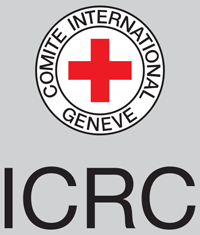KAMPALA
Ugandan medical personnel involved in treating the war-injured in the north on Wednesday began training in skills to handle those wounded in the region's protracted conflict, the International Committee of the Red Cross (ICRC) said on Thursday.
"The ICRC [...] identified that dealing and managing war-wounded cases was a problem in the region. We thought we needed some experts to pass on the knowledge to the people handling these cases," Juan Carlos Carrera, spokesman for the ICRC, said.
The training, with a focus on the treatment of both war injuries and general surgery, targets military doctors and health staff, including medical personnel at Gulu district hospital, about 350 km north of the capital, Kampala.
Carrera said ICRC's regional surgeon, usually based in Nairobi, would also perform surgical operations on patients coming from different parts of Gulu district, many of whom had waited for surgery for a long time.
"The treatment will include the management of abdominal pathologies, bone surgery and others," he said.
The on-the-job training, which started at Gulu hospital, will take place over a two-week period.
Northern Uganda has for close to two decades witnessed a brutal civil war in which tens of thousands have either died or been severely injured. The conflict pits the Uganda government against the rebels of the Lord’s Resistance Army (LRA).
The LRA is notorious for its extreme cruelty, and frequently mutilates its victims, hacking off their lips, ears, breasts and limbs.
Carrera said the current exercise was the practical phase of an ICRC training programme that began in April with a three-day seminar for 14 surgeons in the district of Kitgum, about 400 km north of Kampala, addressing the theory of war-injury management.
"This is a comprehensive approach to assist public health structures [to] improve health care delivery in the conflict-affected northern Uganda region," Carrera said.
This article was produced by IRIN News while it was part of the United Nations Office for the Coordination of Humanitarian Affairs. Please send queries on copyright or liability to the UN. For more information: https://shop.un.org/rights-permissions





